Training manuals published by the project consortium:
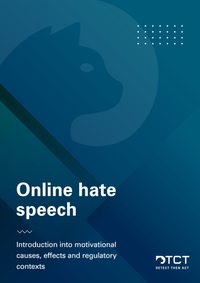
What is online hate speech? This comprehensive guide explains the perspectives of victims, perpetrators and bystanders, the effectiveness of counter-communication, and provides an easy-to-follow overview of hate speech regulation in different EU regions. 72 pages, 2020 [SIGN UP]
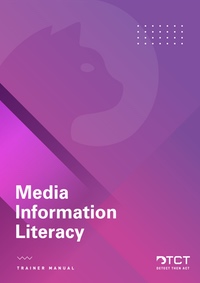
What is propaganda? What is disinformation? How do you spot a bot? This manual provides practical insights from first-line practitioners about critical thinking and media literacy. 16 pages, 2020 [SIGN UP]
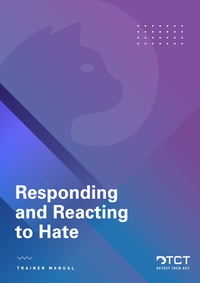
Responding and Reacting to Hate
What do you do once you have encountered a hateful message? Which strategies work and which do not? What is the difference between a response and a reaction? Useful do’s and don’ts based on 5 years of campaigning. 9 pages, 2020 [SIGN UP]
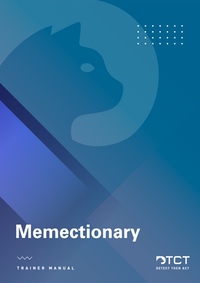
A concise overview of spicy memes, shitposting terminology and any underlying ideologies and conspiracy theories. 6 pages, 2020 [SIGN UP]
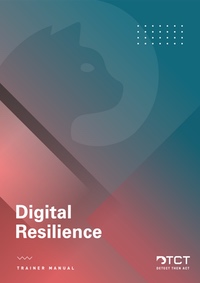
People say things in cyberspace that they would not ordinarily say face-to-face, which may result in ruder language, harsher criticisms, anger, hatred or threats. This manual gives practical tips on how to stay safe and sane when responding to online hate. 8 pages, 2020 [SIGN UP]
Technical reports published by consortium experts:
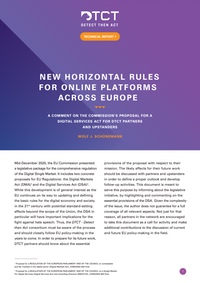
A comment on the European Commission's proposal for a Digital Services Act, for DTCT partners and upstanders. 7 pages, 2021 [SIGN UP]
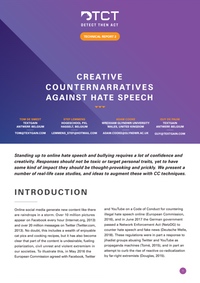
Standing up to online hate requires a lot of confidence and creativity. Responses should not be toxic yet need to have some kind of impact (they should be prickly). AI could help. 9 pages, 2021 [SIGN UP]
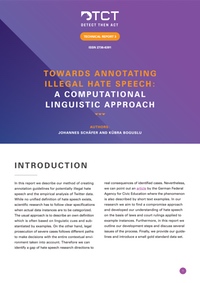
Annotating Illegal Hate Speech
We describe our method of creating annotation guidelines for potentially illegal hate speech and the empirical analysis of Twitter data. 8 pages, 2021 [SIGN UP]
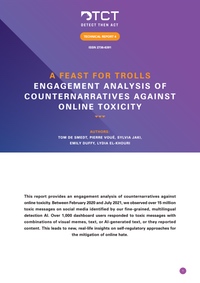
Over 1,000 upstanders responded to toxic messages with memes and text, leading to new, real-life insights on self-regulatory approaches against online hate. 15 pages, 2021 [SIGN UP]
Useful third-party resources:
Necessary cookies are absolutely essential for the website to function properly. This category only includes cookies that ensures basic functionalities and security features of the website. These cookies do not store any personal information.
Any cookies that may not be particularly necessary for the website to function and is used specifically to collect user personal data via analytics, ads, other embedded contents are termed as non-necessary cookies. It is mandatory to procure user consent prior to running these cookies on your website.